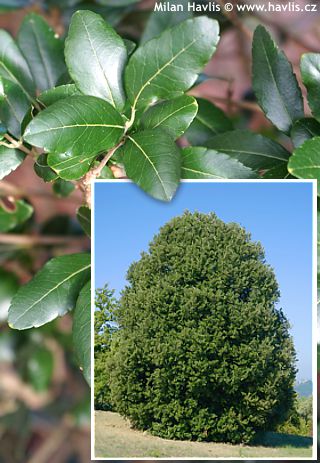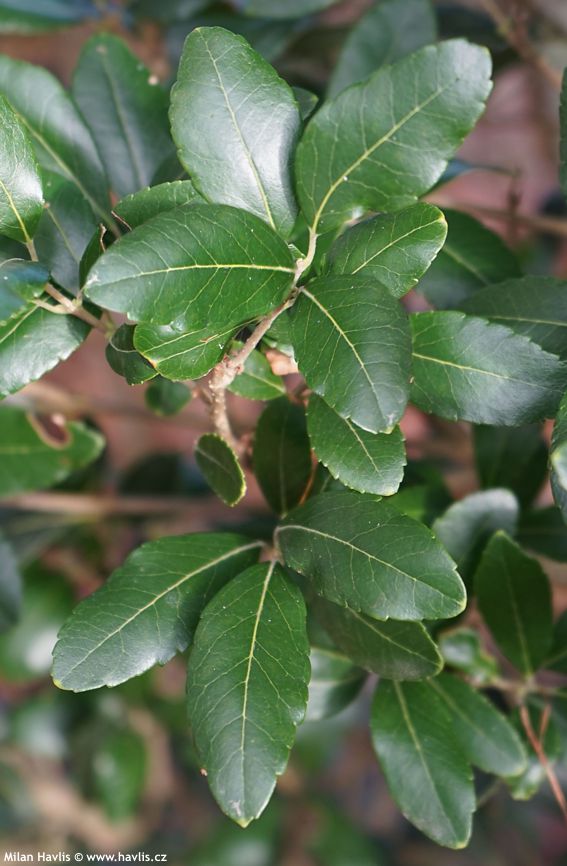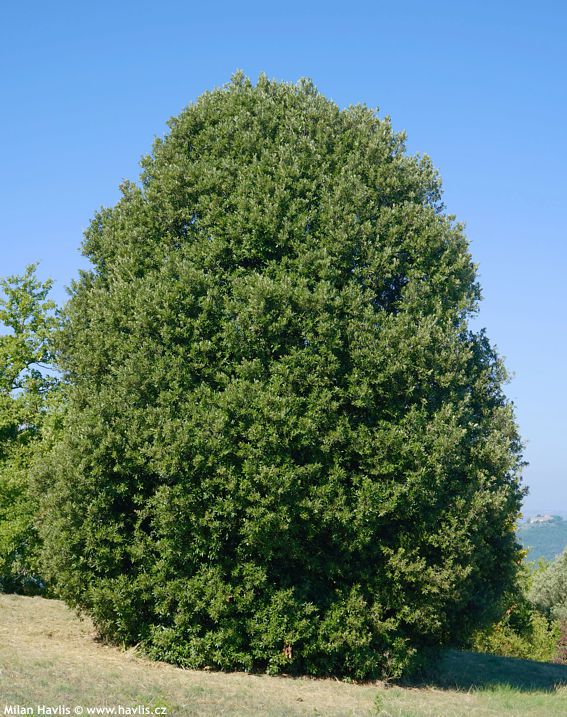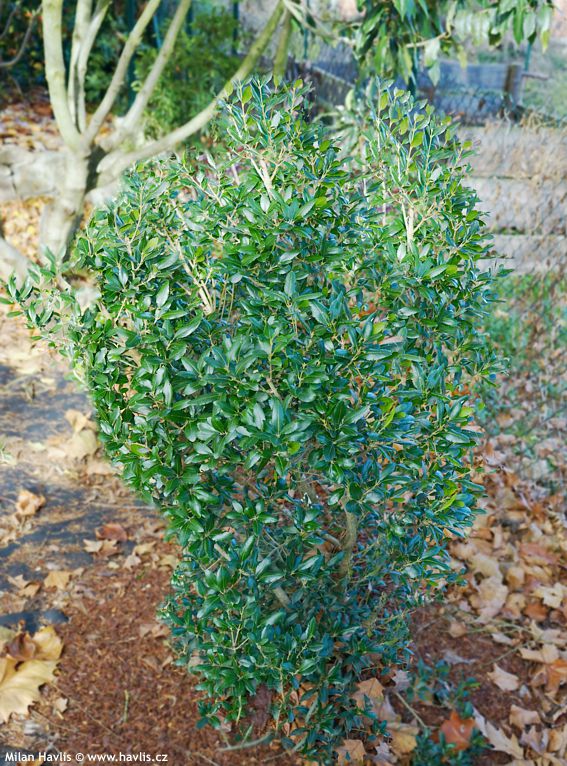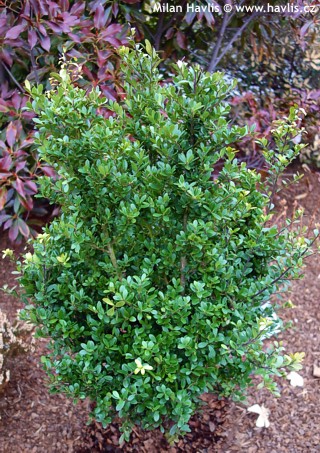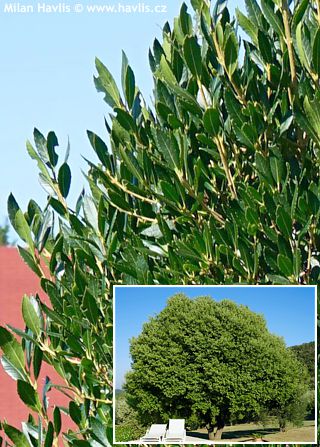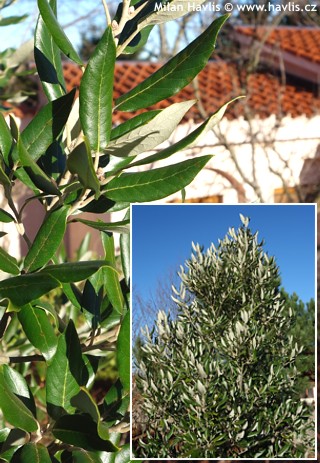Phillyrea latifolia 'LES BARRÉS' mock privet, green olive tree
size/type
small tree,taller shrub
usual height
2-4m
usual width
2-3m
leaves
evergreen broadleaf
colour of leaves
flowers
insignificant or non-blooming
location
full sun
soil type
any (acidic to alkaline)
soil moisture requirements
evenly moist (dislikes drought)
USDA zone (lowest)
7 (down to -23°C)
winter protection
for zone 5+6

for zone 7

categorized
Phillyrea
Mock privet is an evergreen shrub or small tree from the olive family which we have been trialling in our C.E. continental climate. We have noticed that in the changing climate many plants from this family are exceptionally suited for milder parts of our country. Sufficient hardiness is an important feature, however, current lack of water in the ground and less rain make drought-tolerant plants like this one a desirable species even here. Large-leaved mock privet is possibly the key feature of so-called macchia vegetation found in dry and hot, rocky slopes of South Europe. They cope extremely well with long-lasting drought and are usually unattacked by wild animals. This mock privet is called large-leaved just to be differed from its close relative narrow-leaved mock privet (phillyrea angustifolia).Description of the plant:
Les Barrés mock privet originates from l’Arboretum National des Barrés in France. Its evergreen, opposite leaves are larger and glossier as opposed to the species, 4-6 cm long, and almost 3-4 cm wide, broadly elliptic, dark green, leathery, and somewhat convex. In mid or late spring appear profusion if tiny, insignificant, creamy white flowers followed by small, blue-black, spherical fruit. Its habit is best described by one of its common names – a broccoli tree. It grows slowly but very dense into a congested, very dense canopy with stiff, upright branches. Young plants grow faster and can be pruned in spring in order to achieve this shape sooner, and it is often clipped to mushroom heads or balls where a second trimming is required in midsummer. Use it as a beautiful small specimen tree in Mediterranean-style landscape.
Grow it in extremely well-drained, humus rich soil in full sun or only very light shade. Acidic soil enhances the depth of green colour in leaves but is not essential. Just avoid compacted or water-logged ground where the roots may rot. It will need even moisture after transplanting but once established stay away from watering. It is pest and disease free, and so far hardy to USDA zone 6 – short spells of -24°C. Choose older plants for growing in zone 6 and provide good mulch for winter.
Last update 18-10-2019
QUICK PRICE OVERVIEW
CURRENTLY SOLD OUT
WANT TO TRY A SIMILAR PLANT?












